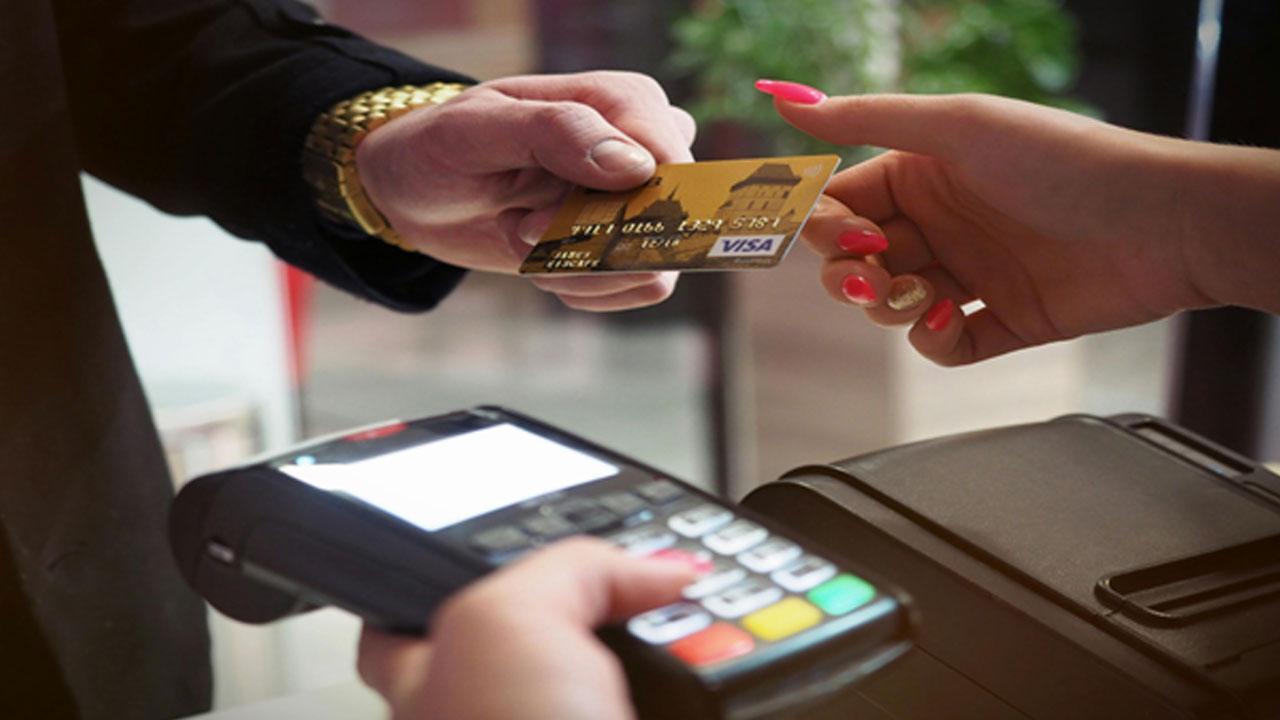Build a strong credit history today to unlock financial rewards in the future.

Credit Card
Getting your first Credit Card is a mix of excitement and responsibility. Done right, it can set the foundation for a solid financial future. A Credit Card is not just a tool for making purchases; it’s an opportunity to build a strong credit history, which will be essential for bigger financial milestones like securing loans or mortgages in the future.
ADVERTISEMENT
By understanding how credit works and starting with the right approach, you can establish a solid financial track record. From selecting a card that matches your needs to using tools like credit score checks and EMI calculators, every step you take matters. Follow these essential tips to increase your chances of approval and start building your credit journey with confidence.
Effective Ways to Apply for Your First Credit Card
1. Understand Eligibility Criteria
Each bank has specific requirements, such as age, income, employment status, and credit score, to determine eligibility. Without an established credit history, banks will focus on your income stability and employment tenure. Check the eligibility requirements for your desired card, including minimum income and age, before applying to avoid unnecessary rejections.
2. Know Your Credit Score
Even with no or minimal credit history, it’s crucial to understand your starting point. A credit score of 750 or above significantly improves approval odds. If you’re new to credit, begin with basic tools like a Credit Card EMI Calculator to estimate repayments. Remember, building a good credit history is easier than repairing a bad one.
3. Start with a Secured Credit Card
If you’re worried about qualifying due to a lack of credit history, a secured Credit Card can be your stepping stone. These cards are backed by collateral, making them easier for banks to approve. Use the secured card responsibly to establish a positive credit history.
4. Opt for a Practical Credit Limit
High credit limits may be tempting, but a lower limit can increase your chances of approval. Start with a modest limit, use the card wisely, and pay off the balance in full every month. Over time, your bank may increase your limit as your creditworthiness improves.
5. Prepare Your Documentation
Ensure your Credit Card application is accurate and complete. Typically, you’ll need the following documents:
- Identity Proof: Aadhaar or PAN card
- Income Proof: Salary slips or bank statement
- Address Proof
Having these ready in advance will streamline your application process.
6. Use Tools Like a Credit Card EMI Calculator
An EMI calculator is a valuable tool to estimate monthly payments for large purchases. It helps you plan repayments and avoid overspending, ensuring your credit score remains healthy from the start.
7. Avoid Multiple Applications
Submitting several Credit Card applications at once can harm your credit score due to hard inquiries. Start with one application for the card that best fits your needs in terms of features and benefits.
Conclusion
Applying for your first Credit Card doesn’t have to be daunting. By understanding eligibility requirements, using tools like a Credit Card EMI calculator, and starting with manageable credit limits, you can set yourself up for success. Build a strong credit history today to unlock financial rewards in the future.
 Subscribe today by clicking the link and stay updated with the latest news!" Click here!
Subscribe today by clicking the link and stay updated with the latest news!" Click here!







